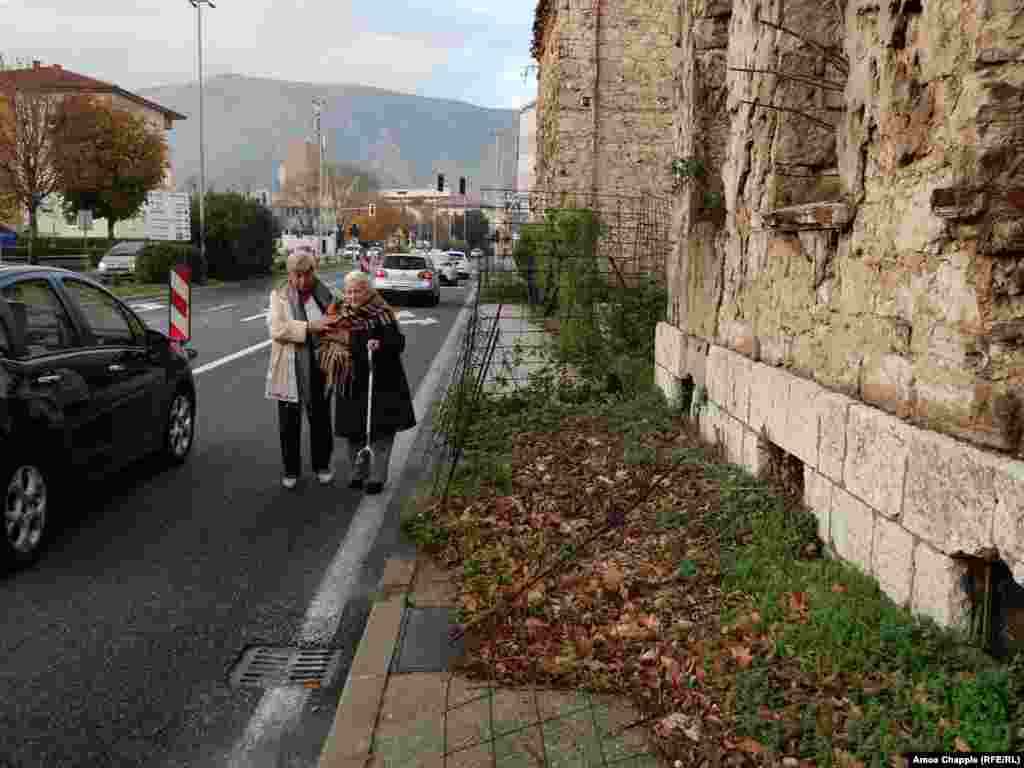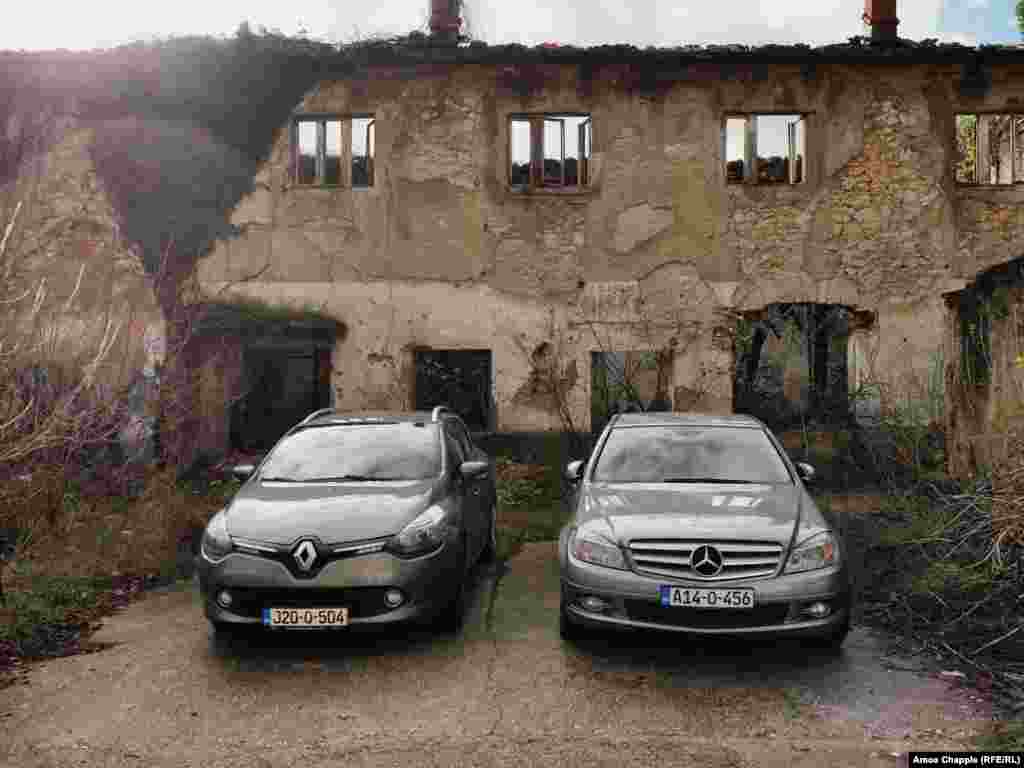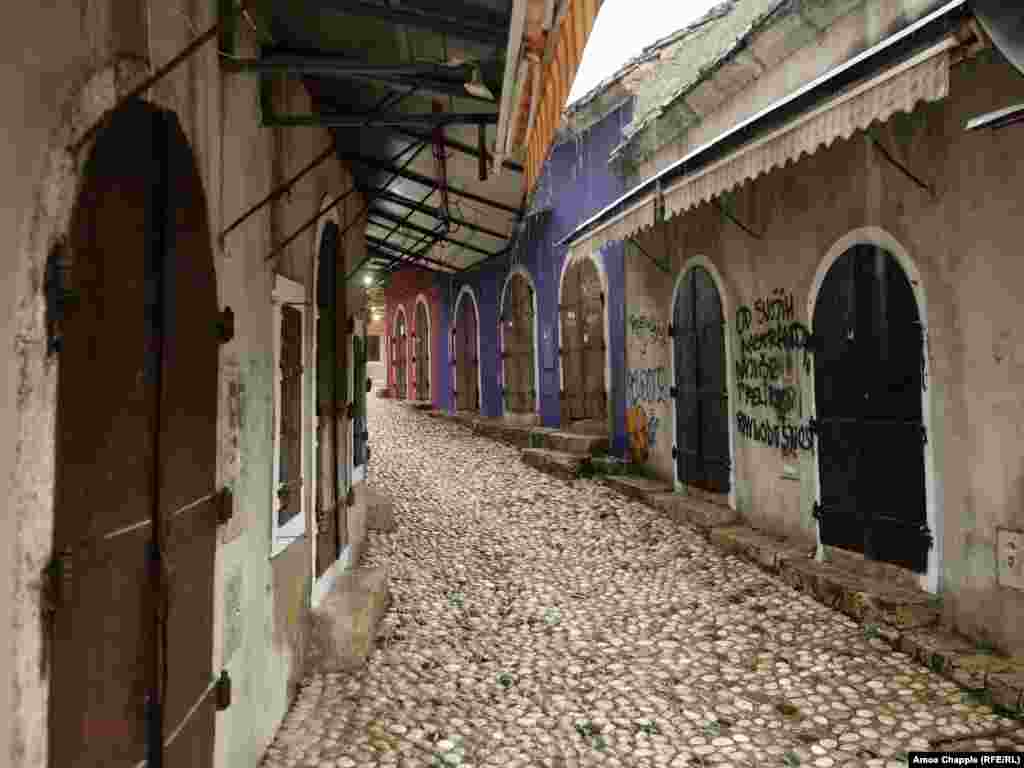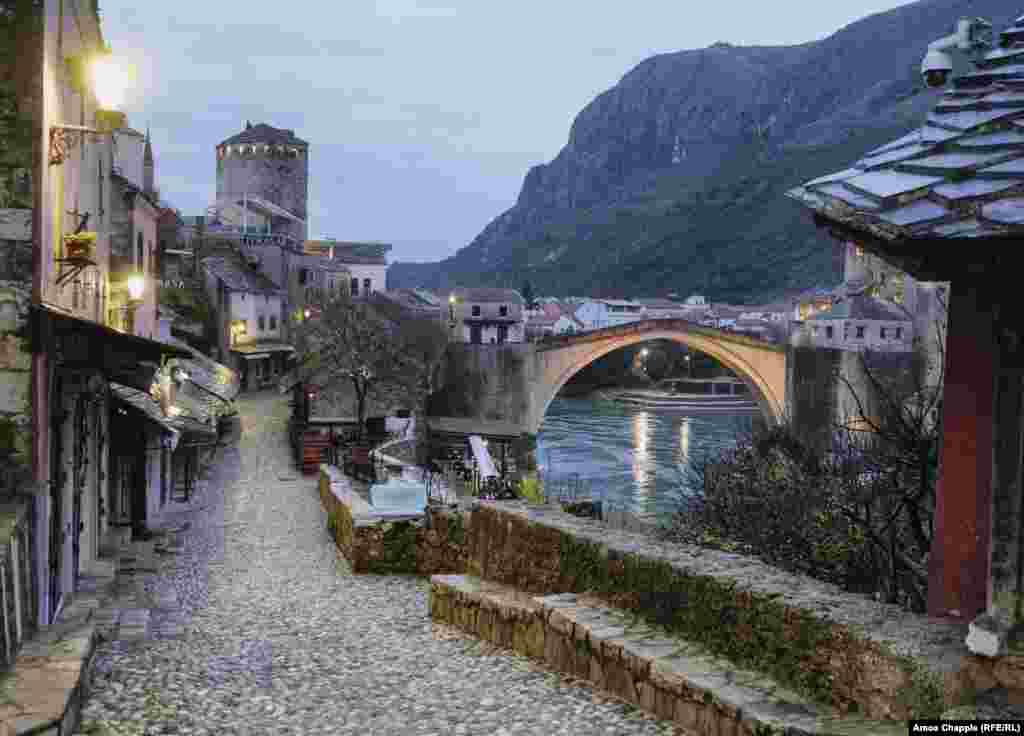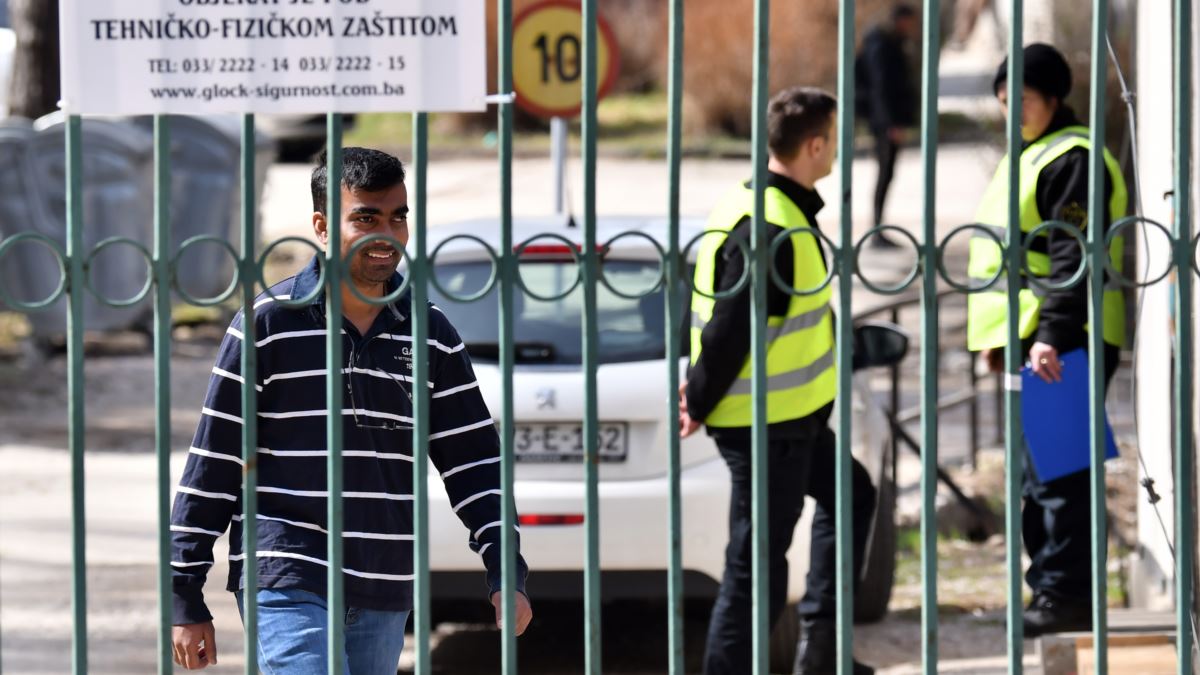Thirty-nine-year-old Igor Paspalj didn’t necessarily do it to the same drumbeat as millions of other former Yugoslavs.
But the tattooed, bare-sleeved music teacher and session guitarist has picked and bent his way to global recognition at the top of his craft.
An emigre whose love for his music and gigging took him from the Balkans to Dubai six years ago, Paspalj was named Electric Guitarist Of The Year this month by specialist magazines Guitar World and Guitar Player.
While it’s no Grammy, Paspalj said it’s a “great accolade for me, personally,” because like so many of his counterparts around the world, he was a big fan of those publications, which shaped his musical worldview when he was young.
“I was surprised they even nominated me among the top five and when they declared me the winner I was really happy for the simple reason that I grew up on those magazines,” Paspalj, who was raised in the Bosnian city of Banja Luka, told RFE/RL’s Balkan Service. “I read them as a boy, like all guitarists who grew up with access to them.”
The magazines pick their annual winners in several categories based on a poll of readers, staff, and input from three celebrity musicians.
The judges this year were prog metal icon and Dream Theater guitarist John Petrucci; Nita Strauss, who toured pre-pandemic with Alice Cooper; and John 5, formerly of both David Lee Roth’s and Marilyn Manson’s bands.
Paspalj won with nearly four minutes of a string-bending, alternately soaring and racing rendition of Into The Blue.
Many of the candidates for the award are longtime performers with hard-core followings on the growing market for online musical instruction but are mostly unknown to general audiences.
The award was announced by Guitar World — along with other annual winners in categories for young guitarists, bassists, and even guitar teachers — on December 22.
“With a playing style fueled by a strong cocktail of virtuoso influences – including Eddie Van Halen, Yngwie Malmsteen, Paul Gilbert, Vinnie Moore, Joe Satriani, Steve Vai, and Guthrie Govan — Igor displays exceptional instrumental dominance, as well as an unparalleled compositional ability,” the magazine said.
Paspalj was born in Zagreb but as a young boy moved in 1991 to Prijedor, in what is now a majority ethnic Serb region in Bosnia-Herzegovina.
That was shortly before the breakup of Yugoslavia that sparked deadly wars and a major exodus from the Balkans.
He studied at the Academy of Arts in Banja Luka, the capital of the Republika Srpska entity that along with the Bosniak and Croat federation makes up Bosnia-Herzegovina.
Paspalj went on to get his master’s degree in theory and harmonics and teach at the same academy. He also made a collaborative and a solo album and held music classes all over the world.
Paspalj has been in Dubai since 2014 lecturing on music and working as a session musician, performing at a feverish pace for what he suggested are better-paid gigs than what he can find in many places, including Bosnia.
Paspalj estimated that he has had about 1,500 paid performances in the last five years — “probably the biggest advantage of Dubai” — and said he hoped his new award as the best in the world will bring more work.
Speaking to RFE/RL in Banja Luka, Paspalj said the coronavirus pandemic had made traveling for work “three times as difficult.”
He added that after the award was announced it had “already produced a few offers in the last two days, [and] I hope it brings a lot more engagements in the future.”
Some of those new offers were from the United Kingdom and Canada, he said, in addition to Dubai.
One of the admirers of his winning entry, Sasa Sibincic, proclaimed that “with your masterful cover performances you proved that rock ‘n’ roll is not dead, at least not in this part of the world!”
“I sincerely hope so,” Paspalj said when asked if his success might inspire other Bosnian and Balkan musicians.
“I’d really like many young musicians, if that’s their inspiration, if they’re lucky, from that area, to be there. Soon.”
But he’s not especially well-informed on the Balkan music scene, he says, since he’s mostly been collaborating with bands from places such as the Philippines, Britain, and South Africa.
Now, having spent the past two months back in Banja Luka, he’s reacquainting himself with new bands and old bandmates.
“It’s hard to define where I get my inspiration from,” Paspalj told RFE/RL. “But guitar and music are everything I do professionally — it’s both a hobby and a calling. And I’m glad I have the opportunity to do what I love.”
Written in Prague based on an interview by RFE/RL Balkan Service correspondent Milorad Milojevic in Banja Luka
This post was originally published on Radio Free.
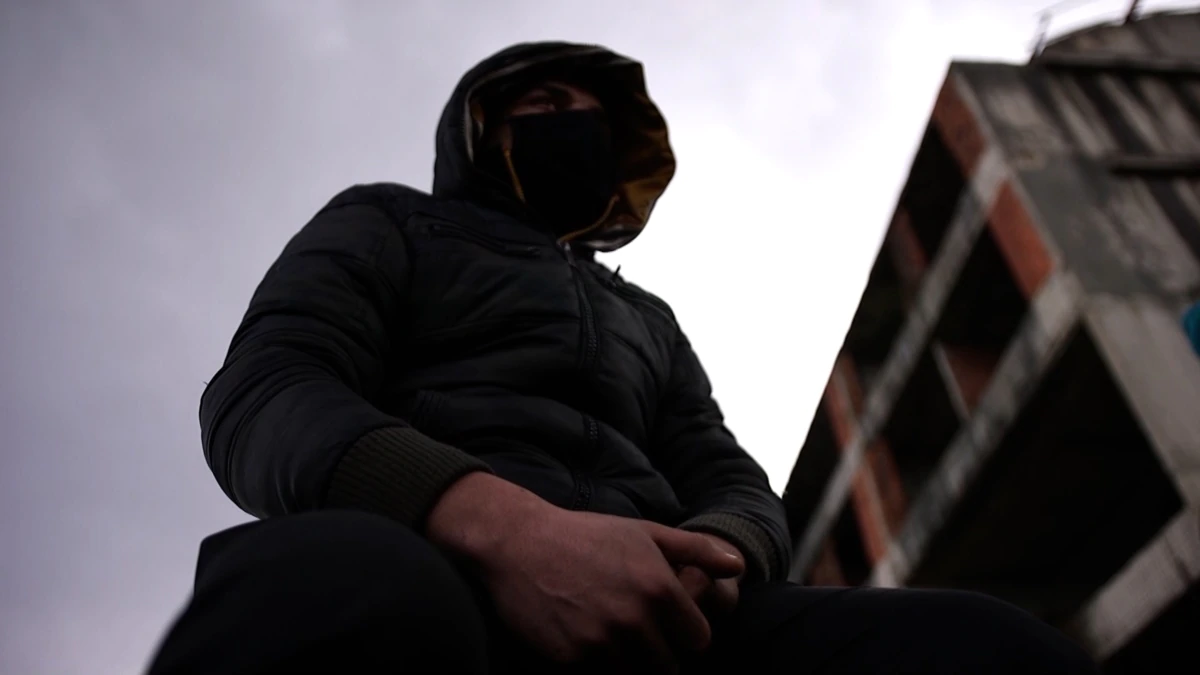

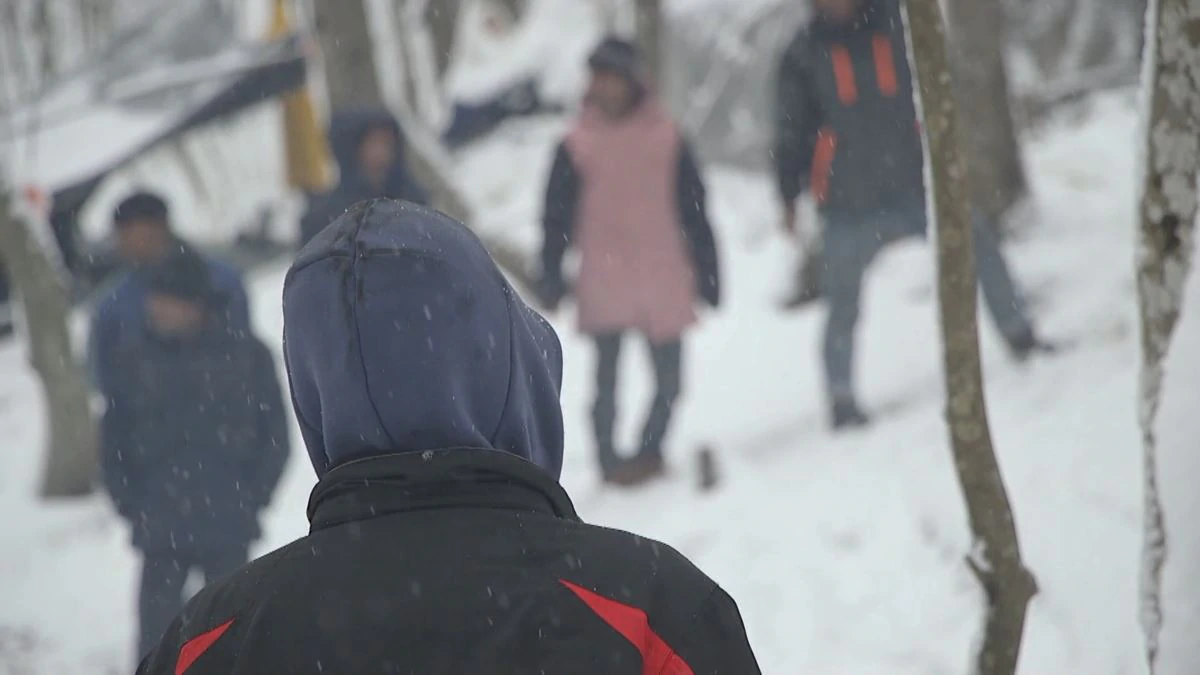

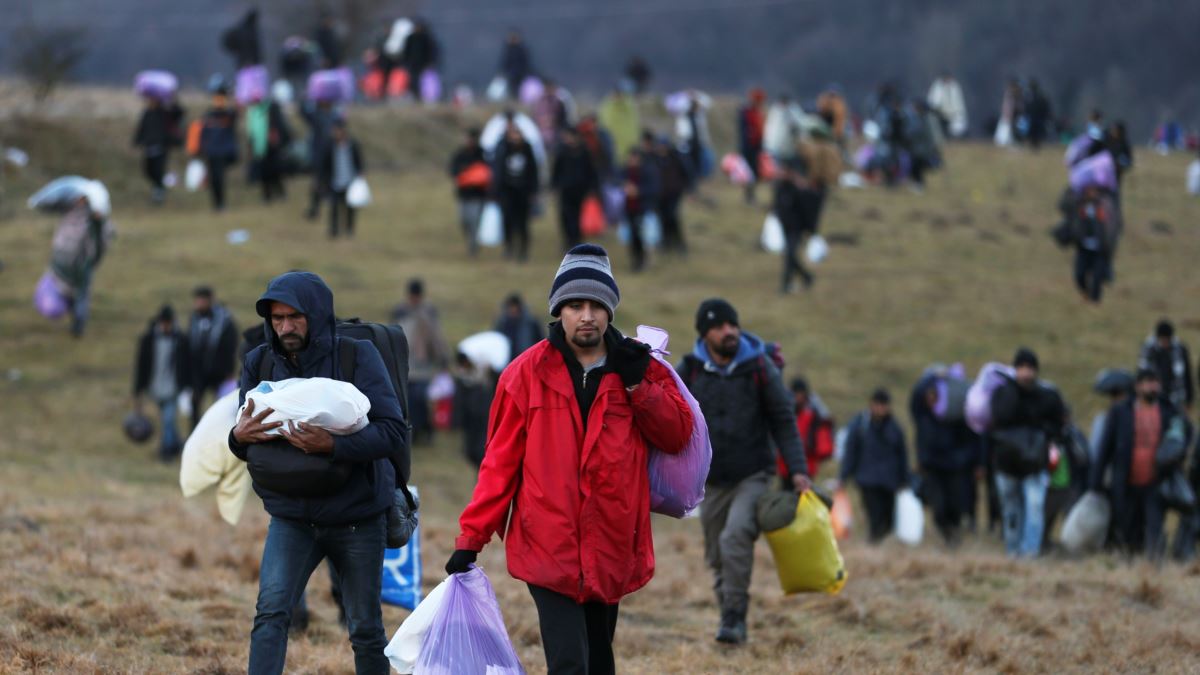

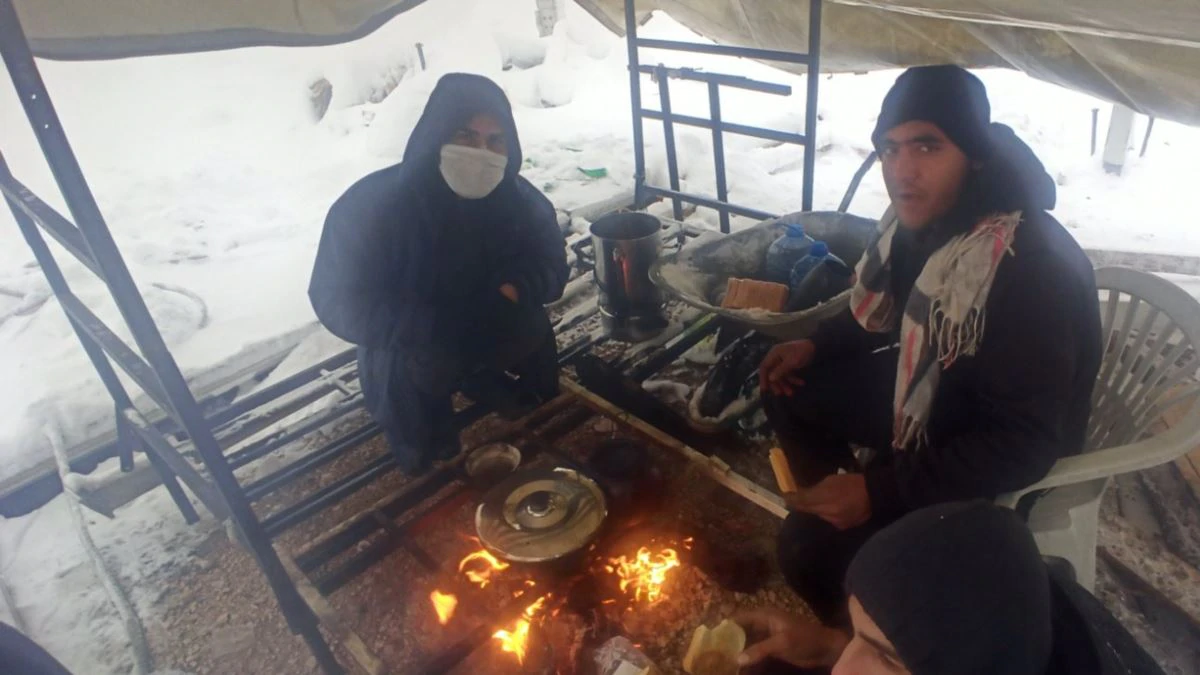



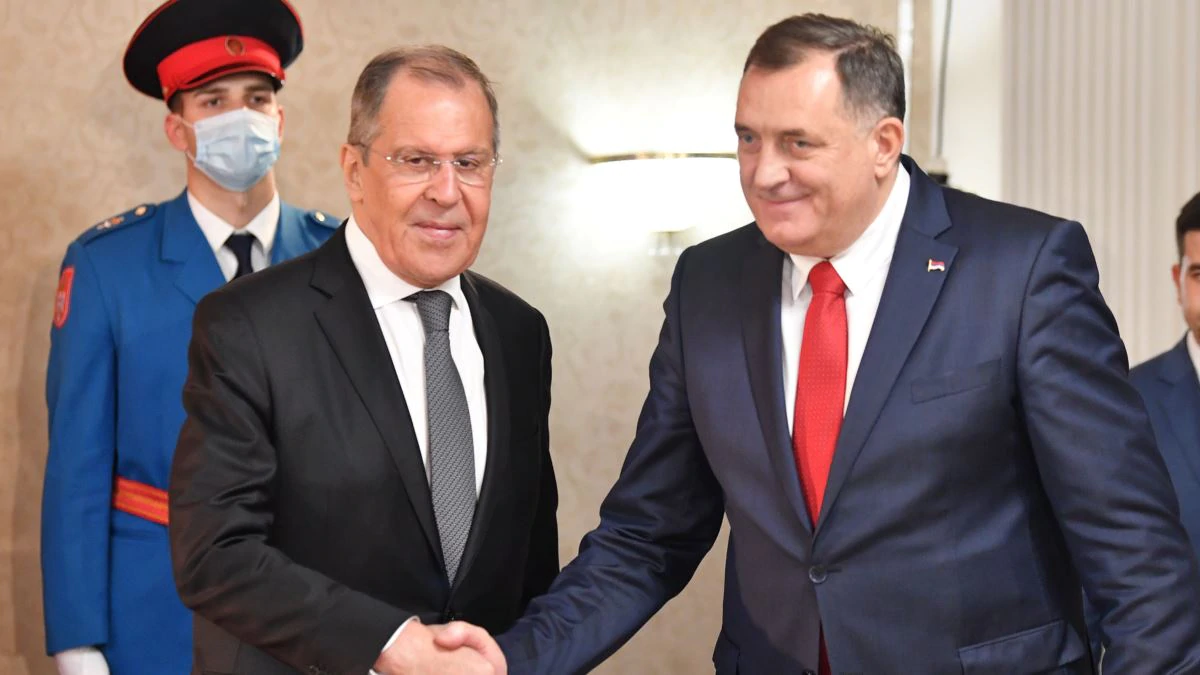
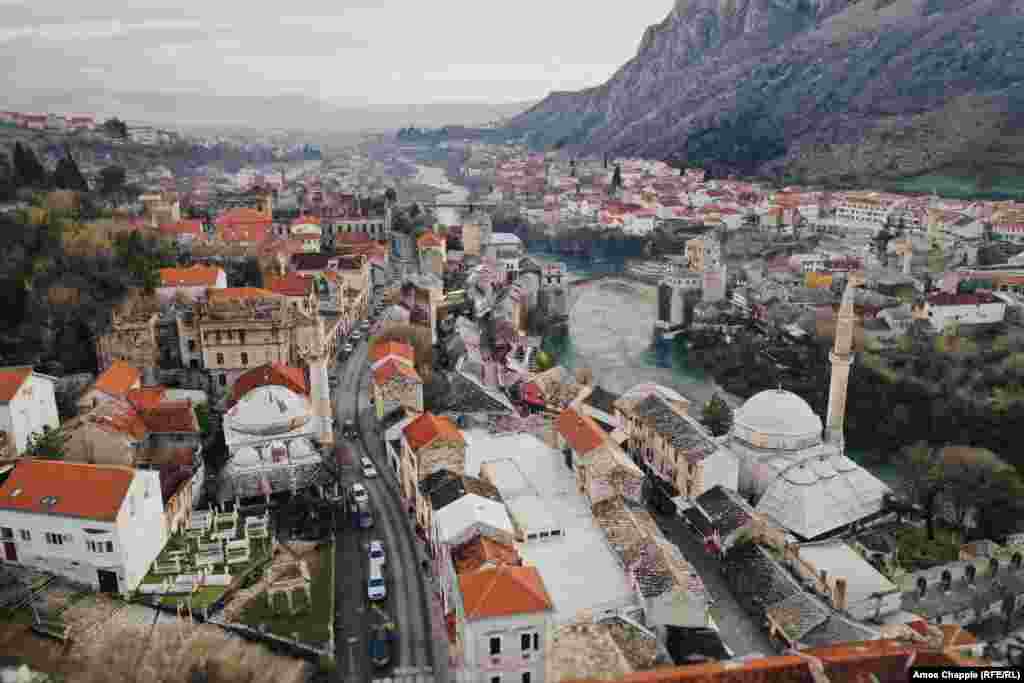
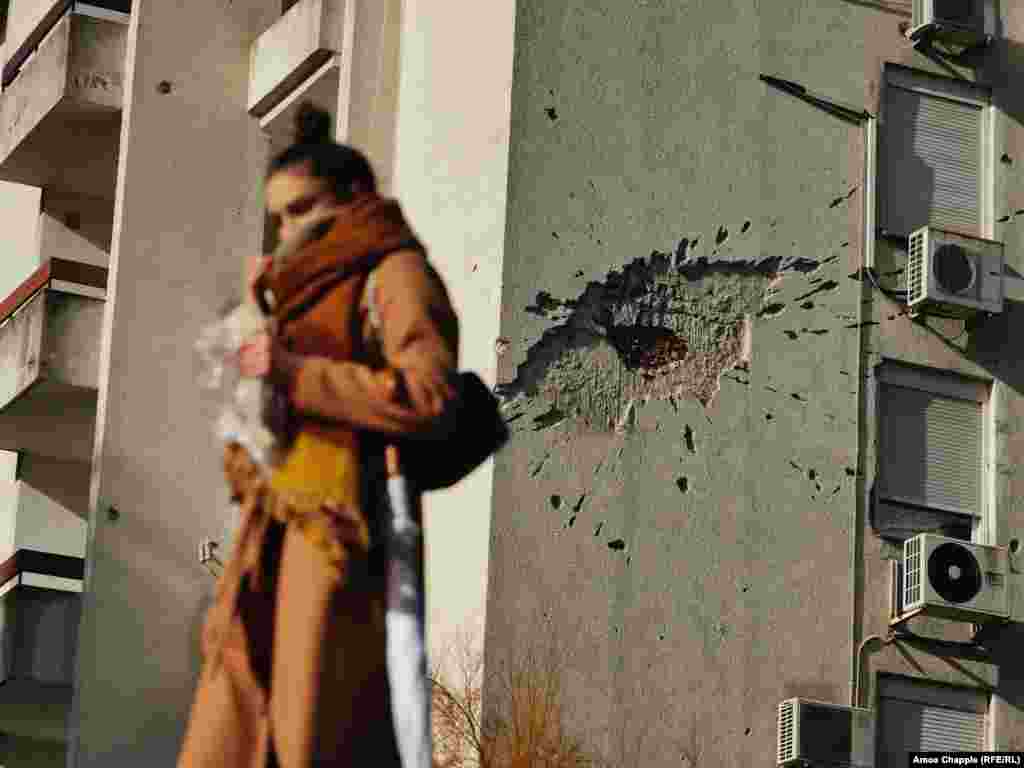
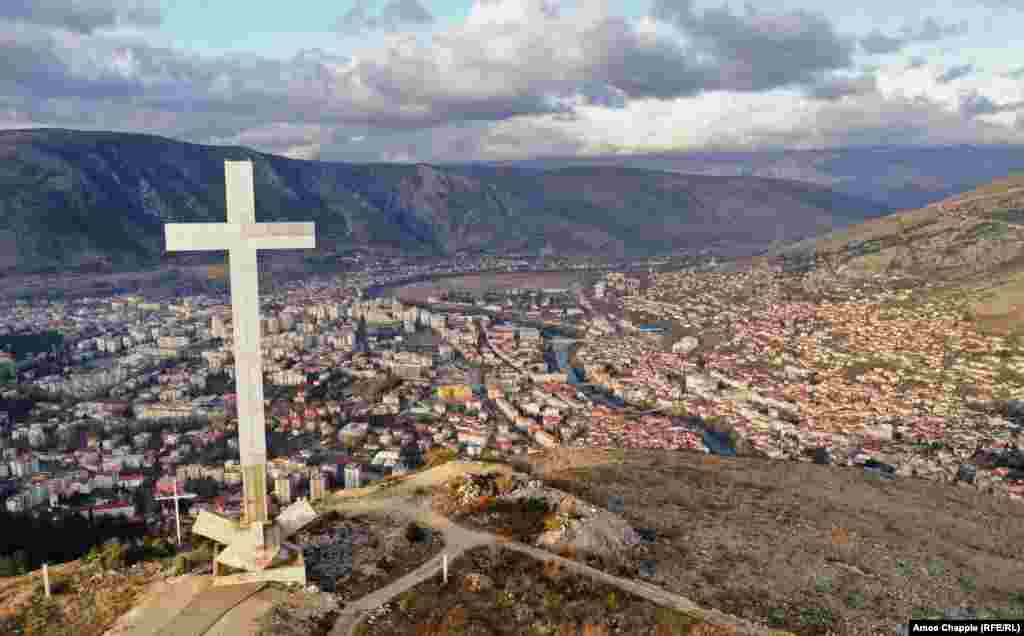
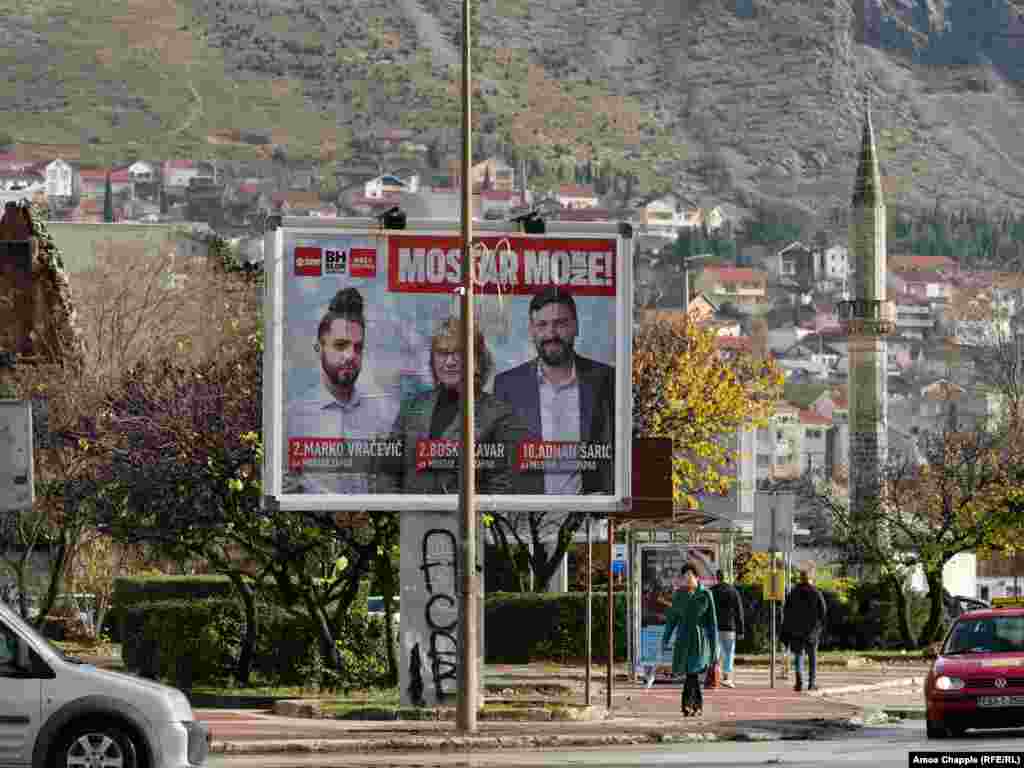
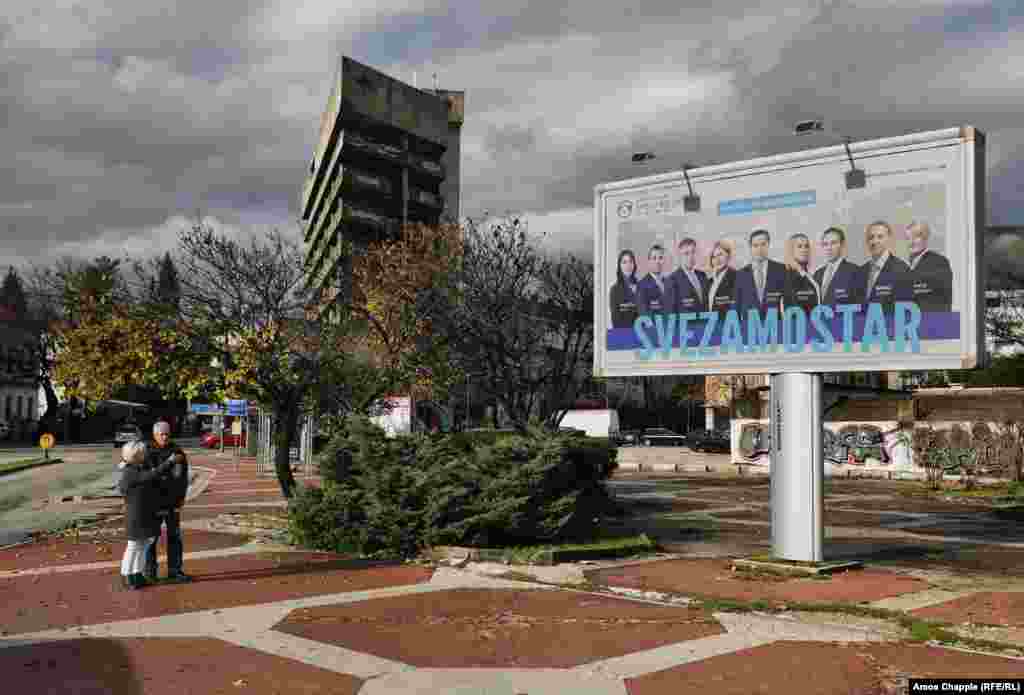
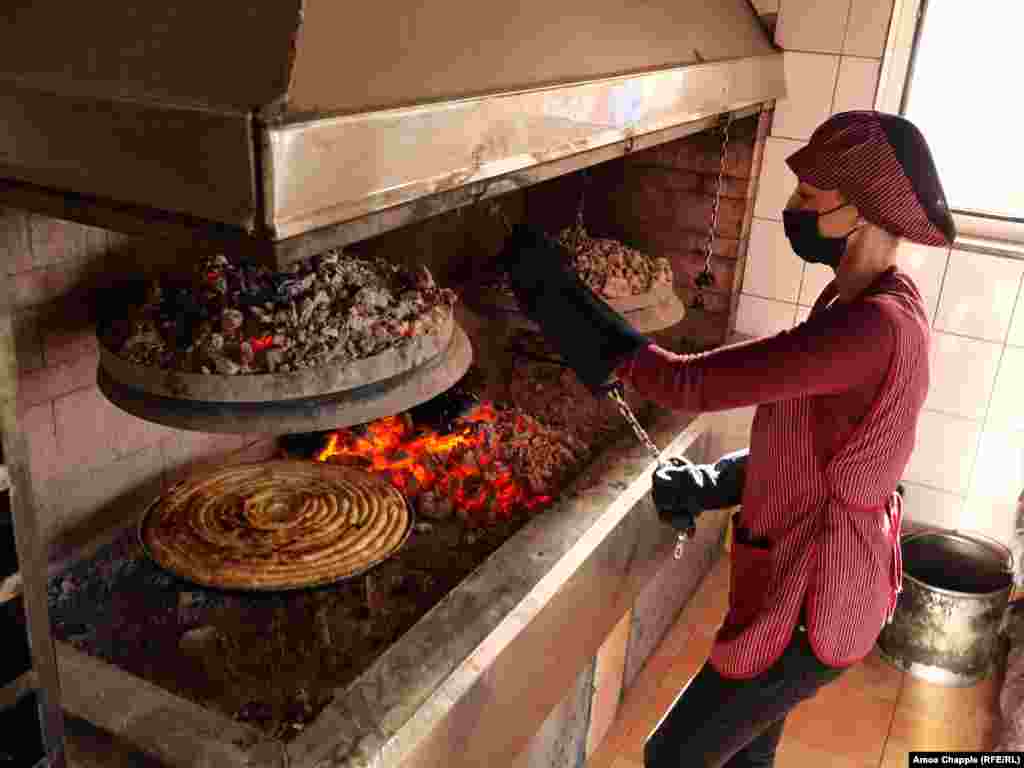
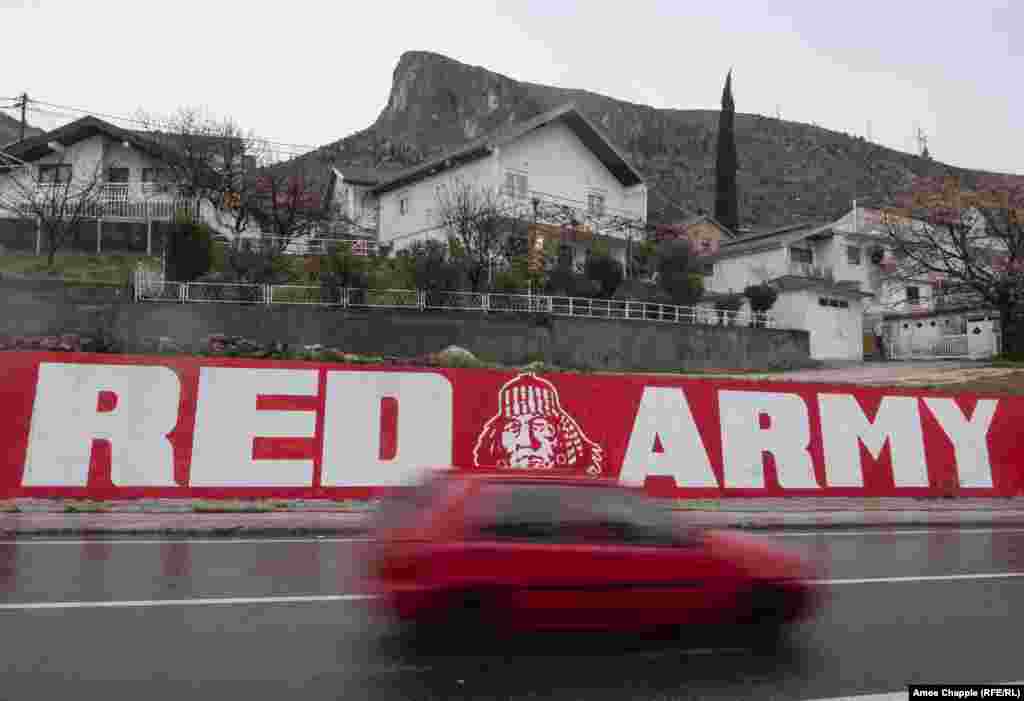
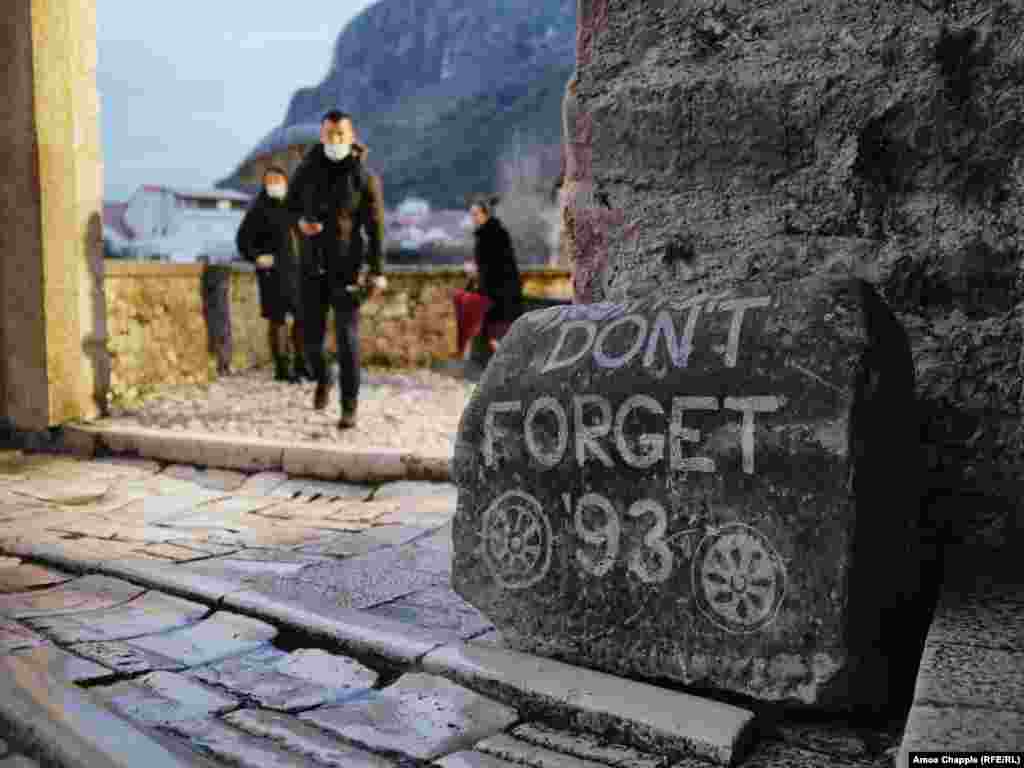
![Emina Voloder, a candidate in the upcoming elections, says she decided to enter politics for the first time because of the real-world consequences she witnessed from Mostar’s political stagnation. “I left to study in Sarajevo for six years, and when I came back nothing had changed. There are still the same buildings ruined by the war. Last year the rubbish wasn’t being collected and was just piling up on the street.” A dentist by trade, she says: “Just a few people [in local government] are spending the money that belongs to everyone.”](https://www.radiofree.org/wp-content/uploads/2020/12/3FF9A709-F443-42AB-8C04-392CB4C8B630_w1024_q10_s.jpg)
